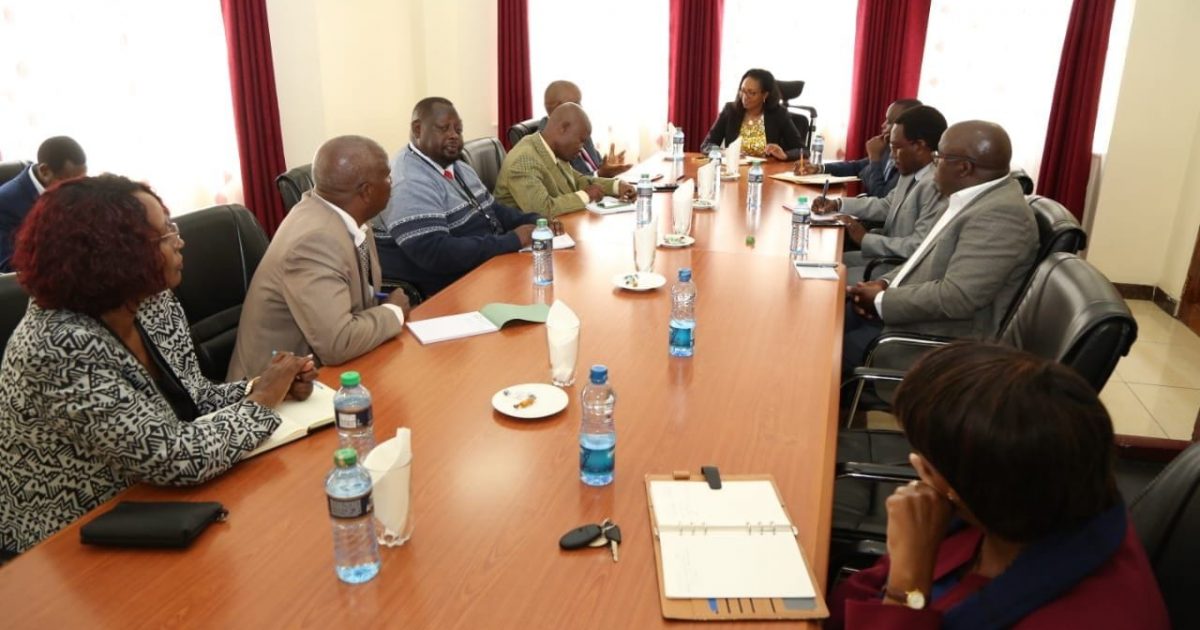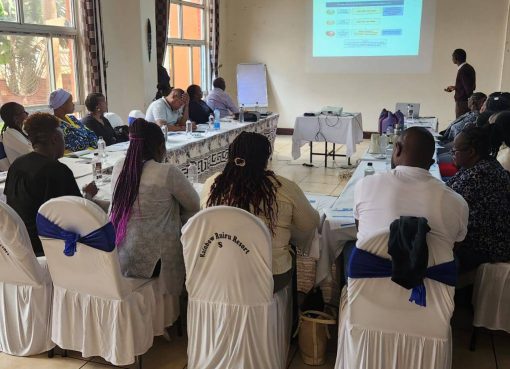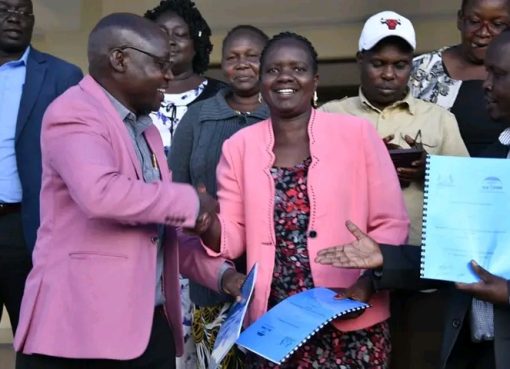Nakuru Governor Susan Kihika has advised businesses and individuals to embrace Alternative Dispute Resolution (ADR) mechanism as a way of resolving disputes with the Kenya Revenue Authority (KRA), rather than turning to law and costly judicial processes such as tax tribunal.
While urging the tax man to create a friendly tax regime for the benefit of the country, Ms Kihika said shutting down companies over alleged failure to pay taxes was detrimental to the economy and in turn affected thousands of families whose bread winners are rendered jobless once such firms are closed.
The Governor said Tax agencies globally are embracing ADR mechanisms due to their ability to swiftly resolve tax disputes, adding that the ADR process was more flexible, cost-efficient, confidential and time-saving.
The process, she added, provides the parties with more control over the procedures for resolving the disputes and advised business community to always be tax compliant to avert penalties that accompany tax evasion.
Kenya ushered in the ADR mechanism regime in April 2015 as a way to fast-track the resolution of cases for taxpayers who disagree with the tax bills slapped on them. The ADR mechanism was largely seen as the first layer of resolving disputes arising from tax audits before they escalated to the Tax Appeals Tribunal and into courts.
Speaking after chairing a meeting between County Revenue Officers and a team from the KRA where talks centered on reopening of several businesses that were closed by the state agency over disputes on tax, the Governor explained that in ADR process besides negotiating the taxes payable, taxpayers could also negotiate a payment plan for the taxes.
“We were able to broker an agreement to fast track the re-opening of several Nakuru Businesses that had been closed due to disputes with the tax body as survival of KRA depends on the existence of income generating businesses from which it can collect taxes,” Kihika pointed out.
The Governor observed that although KRA was justified to collect taxes and that the companies have an obligation to declare and remit their taxes, stopping them from operations was not the right way to deal with tax evasion.
While noting that ADR was the best way to building relationships between the taxman and the taxpayers which leads to improved compliance, the Governor said that the biggest advantage of the process to the taxpayer was that he or she has control over the process and outcome since the alternative dispute resolution agreement was only binding when signed by both parties.
The ADR process was also described as being relatively cheaper than litigation as the legal fees paid to advocates and tax consultants are lower than the cost of litigation. Additionally, since there are no appeals where a settlement is reached, the parties save on the costs, which would have been incurred in the appeal.
At the same time, the governor appealed to businesses and firms operating in the County to take advantage of the three-year tax amnesty programme rolled out by KRA in January 2021.
According to official records from the tax man, 855 firms and 940 individuals have self-reported to the Kenya Revenue Authority (KRA), in a race to take advantage of the three-year tax amnesty, which hopes to unlock billions of shillings from tax cheats.
KRA has however rejected applications from at least 540 firms seeking waivers under the Voluntary Tax Disclosure Programme (VTDP) with some applications being rejected because the income declared was earned outside the qualifying period of July 1, 2015, to June 30, 2020, while others failed to disclose some material facts.
Other applicants were denied the relief because they were under audit or investigation or were a party to ongoing litigation in relation to the tax liability.
The taxman says ADR recorded an 11 percent growth in revenue during the first half of 2021/2022, unlocking Sh10.4 billion compared to Sh9.4 billion collected during a similar period in 2020/2021.
The governor’s meeting also explored ways in which KRA’s Kenya School of Revenue Administration (KESRA) would equip County Revenue Officers with requisite knowledge on County revenue and expenditure, legal and institutional framework in revenue collection, and strategies for enhancing revenue collection.
The partnership with KESRA, observed the Governor would focus on revenue recovery and improving local audit capacity while strengthening tax compliance in the County.
By Esther Mwangi and Charlotte Chepkemoi





